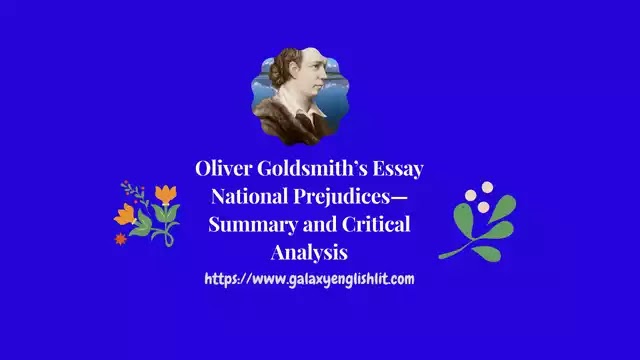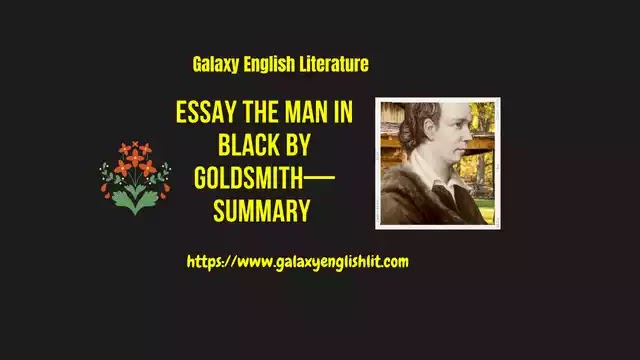Just as the Porter in (Act.2) extemporizes about the sin of equivocation, the play figures equivocation as one of its most important themes. Starting from the weird sisters’ first words that open the play, audience quickly ascertains that things are not what they seem. According to the Oxford English Dictionary, the word “equivocation” has two different meanings both of which are applicable to this play. The first is: “The using (a word) in more than one sense; ambiguity or uncertainty of meaning in words; also ... misapprehension arising from the ambiguity of terms.”
 |
| Play Macbeth: Analytical Theory of Fate, Prophecy and Equivocation |
This definition as simple verbal ambiguity is the one that audience is most familiar with and one that plays an important role in the play. The Porter's speech on equivocation in Act 2, however, refers to a more active type of equivocation. The second definition in the Oxford English Dictionary reads: The use of words or expressions that are susceptible of a double signification, with a view to mislead; esp. the expression of a virtual falsehood in the form of a proposition which (in order to satisfy the speaker's conscience) is verbally true. This kind of equivocation is similar to lying; it is intentionally designed to mislead and confuse.
The intentional ambiguity of terms is what we see in the prophecies of the weird sisters. Their speech is full paradox and confusion, starting with their first assertion that “fair is foul and foul is fair” (I. i.10). The witches’ prophecies are intentionally ambiguous. The alliteration and rhymed couples in which they speak also contributes to the effect of instability and confusion in their words. For many readers, more than one reading is required to grasp a sense of what the witches mean. It is not surprising, therefore, that these “imperfect speakers” can easily bedazzle and confuse Macbeth throughout the course of the play (I.iii.68).
Just as their words are confusing, it is unclear as to whether the witches merely predict or actually affect the future. Banquo fears, for example, that the witches’ words will “enkindle (Macbeth) unto the crown”—in other words, that they will awaken in Macbeth an ambition that is already latent in him (I. iii. 119). His fears seem well - founded as soon as the witches mention the crown, Macbeth's thoughts turn to murder. The witches’ power is thus one of prophecy, but prophecy through suggestion. For Macbeth, the witches can be understood as representing the final impetus that drives him to his pre-determined end. The prophecy is in this sense - fulfilling.
The oracular sisters are in fact connected etymologically to the Fates of Greek mythology. The word “weird” derives from the Old English word “wyrd”, meaning “fate.” And not all fate is self - fulfilling. In Banquo's case, in contrast to Macbeth’s, the witches seem only to predict the future. For unlike Macbeth, Banquo does not act on the witches’ prediction that he will be father kings — and yet the witches’ prophecy still comes true. The role of the weird sisters in the story, therefore, is difficult to define or determine. Are they agents of fate or a motivating force? And why do they suddenly disappear from the play in the third act?
The ambiguity of the weird sisters reflects a greater theme of doubling, mirrors, and schism between inner and outer worlds that permeates the work as a whole. Throughout the play, characters, scenes, and ideas are doubled. As Duncan muses about treachery of the Thane of Cawdor at the beginning of the play, for example, Macbeth enters the scene:
King Duncan: There's no art
To find the mind's construction in the face.
He was a gentleman on whom I built
An absolute trust.
Enter Macbeth, Banquo, Ross, and Angus.
To Macbeth: O worthiest cousin,
The sin of my ingratitude even now
Was heavy on me! (I. iv.11-16).
The dramatic irony of Duncan's trust is realized only later in the play. Similarly, the captain in scene 2 makes a battle report that becomes in effect a prophecy:
For brave Macbeth - well he deserves that name!
Disdaining fortune, with his brandished steel
Which smoked with bloody execution,
Like valour's minion
Carved out his passage till he faced the slave,
Which ne'er shook hands nor bade farewell to him
Till he unseamed him from the nave to th’ chops,
And fixed his heard upon our battlements. (1.i.16-23)
The passage can be interpreted as follows: Macbeth “disdains fortune” by disregarding the natural course of action and becomes king through a “bloody execution” of Duncan; Macduff, who was born from a Caesarian section (his mother being “unseamed ... from the nave to th'chops”) and who “ne’er shook hands nor bade farewell” decapitates Macbeth and hangs his head up in public.
Thus Macbeth, the young, valiant, cruel traitor / king has a foil in Duncan, the old, venerable peaceable and trusting king. Lady Macbeth, who casts off her feminity and claims to feel no qualms about killing her own children, is doubled in Lady Macduff, who is a model of a good mother and wife. Banquo's failure to act on the witches’ prophecy is mirrored in Macbeth's drive to realize all that the witches foresee.
Similarly, much of the play is also concerned with the relation between contrasting inner and outer worlds. Beginning with the equivocal prophecies of the weird sisters, appearances seldom align with reality. Lady Macbeth, for example tells her husband to “look like the innocent flower, / but be the serpent under’t” (63-64). Macbeth appears to be loyal Thane, but secretly plans revenge. Lady Macbeth appears to be a gentle woman but vows to be “unsexed” and swears on committing bloody deeds. Macbeth is also a play about the inner world of human psychology, as will be illustrated in later acts through nightmares and guilt - ridden hallucinations. Such contrast between “being” and “seeming” serves as another illustration of equivocation.





